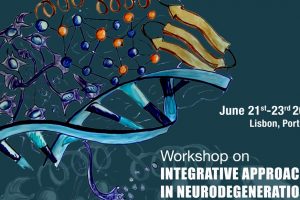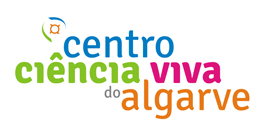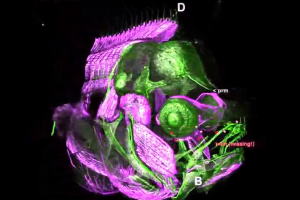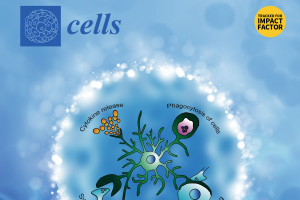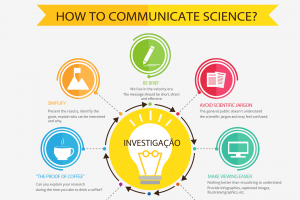CBMR research shows that words such as “anger”, “coffin” and “end” are recognized and processed more quickly than, for example, words like “flower”, “happiness”, “peace” or “hug.” Researchers will try to understand why.
Catarina Paulino, CBMR researcher, is developing a research project that aims to understand why our brain processes words with negative emotional valence more quickly compared to words with positive or neutral emotional valence. The researcher intends, therefore, to find out why and through which mechanisms, even without knowing the meaning of the word, people recognize earlier words associated with negative stimuli.
According to the research words like “anger”, “coffin” and “end” are recognized and processed faster than, for example, words like “flower”, “happiness”, “calm” or “hug.”
To answer the question the Cognitive Neuroscience Research Group will try to identify, from sensors of galvanic responses of the skin (which measure the electrical activity of sweat glands in the palms of the hands and at the tips of the fingers – areas more sensitive to emotions and thoughts), behavioral and cognitive markers that allow to elucidate the process of recognition of the written word.
Besides that will also be used an Eye-Tracking equipment that allows to analyze the oculomotor patterns of the individuals and the time spent to read each word as well as the number of times it is fixed in each visual stimulus.
Note that this research has potentially important implications since it will help to understand the models of recognition of the written word, which can contribute to a better adaptation of the learning process of reading and acquisition of vocabulary in childhood.
If the hypothesis is confirmed, then, the suggestion is that the emotional aspect can be useful to develop and improve the reading comprehension ability at early ages.
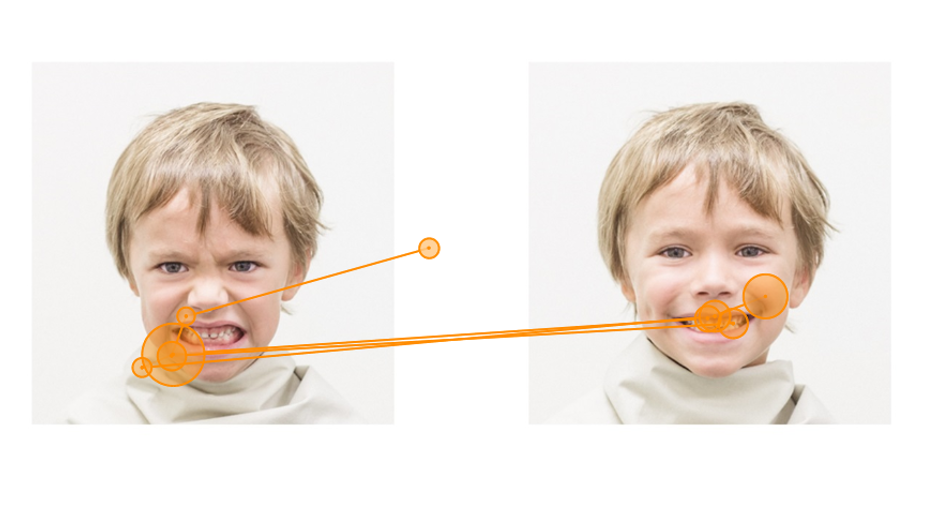
If the hypothesis is confirmed, then, the suggestion is that the emotional aspect can be useful to develop and improve the reading comprehension ability at early ages.





